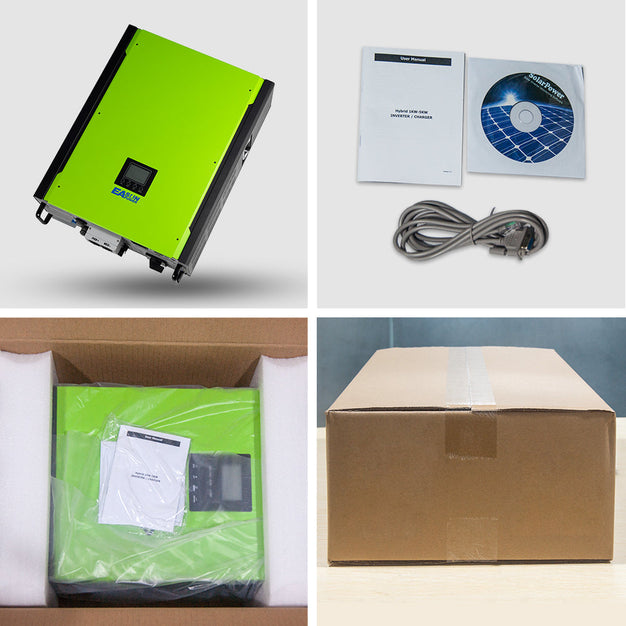In the realm of renewable energy, the energy storage MPPT inverter system plays a pivotal role in optimizing solar energy utilization. But what exactly does MPPT stand for, and how does it contribute to energy storage efficiency? This article delves into the intricacies of MPPT (Maximum Power Point Tracking) technology and its significance in modern energy systems.

What is an MPPT Inverter?
An MPPT inverter is a sophisticated device designed to maximize the power output from solar panels. It continuously adjusts the electrical operating point of the modules, ensuring that they operate at their most efficient level. This capability is crucial, especially in varying environmental conditions where sunlight intensity fluctuates.
Key Features of Energy Storage MPPT Inverter Systems
- Efficiency: MPPT technology can increase energy harvest by up to 30% compared to traditional inverters.
- Adaptability: These inverters can adapt to changing weather conditions, ensuring optimal performance.
- Integration: They seamlessly integrate with energy storage systems, allowing for effective energy management.
Benefits of Energy Storage MPPT Inverter Systems
Utilizing an energy storage MPPT inverter system offers numerous advantages:
- Enhanced Energy Harvesting: By tracking the maximum power point, these systems ensure that solar panels generate the most electricity possible.
- Improved Battery Life: Efficient energy management prolongs the lifespan of batteries by preventing overcharging and deep discharging.
- Cost-Effectiveness: Increased efficiency translates to lower energy costs over time, making it a wise investment for homeowners and businesses alike.
How Does MPPT Technology Work?
The operation of an energy storage MPPT inverter system is based on a simple yet effective principle. It continuously monitors the output of the solar panels and adjusts the load to ensure that the maximum power is extracted. This process involves:
- Measuring the voltage and current output of the solar panels.
- Calculating the power output and determining the maximum power point.
- Adjusting the inverter's operation to align with this optimal point.
Choosing the Right Energy Storage MPPT Inverter System
When selecting an energy storage MPPT inverter system, consider the following factors:
- System Compatibility: Ensure the inverter is compatible with your solar panels and battery storage system.
- Efficiency Ratings: Look for inverters with high efficiency ratings to maximize energy production.
- Manufacturer Reputation: Choose products from reputable manufacturers to ensure reliability and support.
For those interested in exploring high-quality MPPT solar inverters, visit  for a range of options tailored to your energy needs.
for a range of options tailored to your energy needs.
Conclusion
In conclusion, the energy storage MPPT inverter system is a vital component in harnessing solar energy efficiently. By understanding its functionality and benefits, users can make informed decisions that enhance their energy storage solutions. As the demand for renewable energy continues to grow, investing in MPPT technology is not just a trend; it is a step towards a sustainable future.



